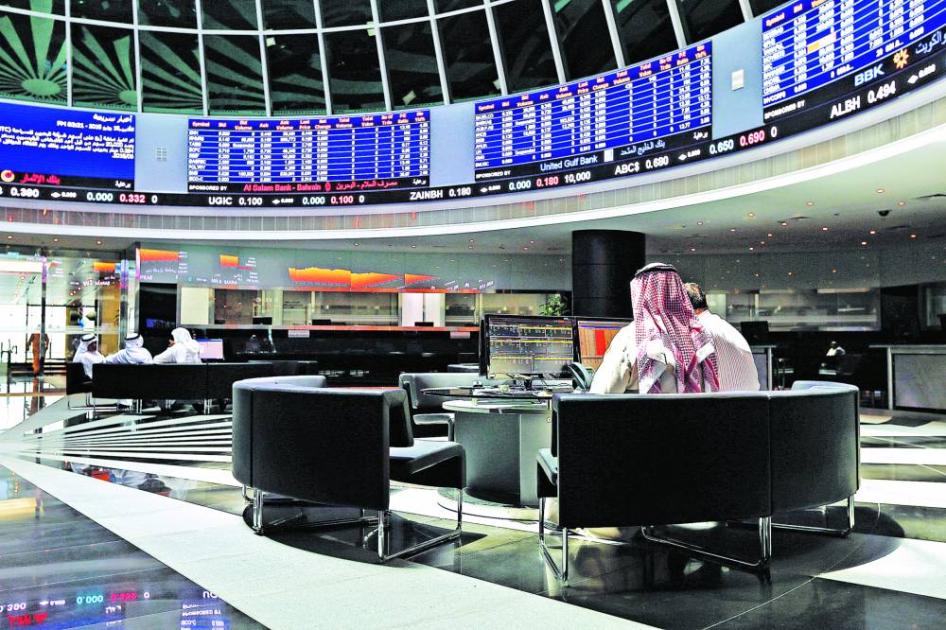Singapore, since gaining independence nearly six decades ago, has experienced tremendous economic growth and established itself as a beacon of prosperity in a region where middle-income status is common. With a GDP of around $88,000 per person, the city-state is now the wealthiest country within a vast radius. Over the past two decades, Singapore’s GDP has doubled in real terms, surpassing countries like South Africa and Jordan that were once wealthier than it at the time of its independence in 1965.
As the world grapples with increasing skepticism towards globalisation, Singapore faces the challenge of balancing its domestic politics with its role as a global city. Lawrence Wong, Singapore’s incoming prime minister, acknowledges the shifting norms and uncertainties that come with this evolving landscape. He believes that establishing a new order will not happen overnight and expects a period of instability lasting possibly a decade or longer.
The dynamics of Singapore’s economy and its position in the global landscape have shifted significantly over the years, requiring the country to adapt to changing global trends and realities. The challenge for Singapore lies in navigating these changes while maintaining its status as a prosperous and influential player in the global economy. As it continues to grow and evolve, Singapore will need to find a delicate balance between serving the needs of its citizens and contributing to the global community.
Lawrence Wong recognises that Singapore must continue to innovate and diversify its economy if it is to maintain its position as one of Asia’s leading economies. He believes that investing heavily in education and technology will be key drivers for growth in future years.
Singapore also faces pressure from countries like China to open up more fully to foreign investment and trade. While Wong acknowledges this pressure, he remains cautious about allowing too much foreign influence into his country’s economy.
Despite these challenges, Wong remains optimistic about Singapore’s future prospects. He believes that by continuing to focus on innovation and diversification, Singapore can remain competitive on a global scale for years to come.
In conclusion, while Singapore faces challenges both domestically and globally in balancing economic growth with social responsibility, Lawrence Wong remains confident that with careful planning and execution of policies aimed at innovation and diversification, his country can continue to thrive as one of Asia’s most successful economies.


